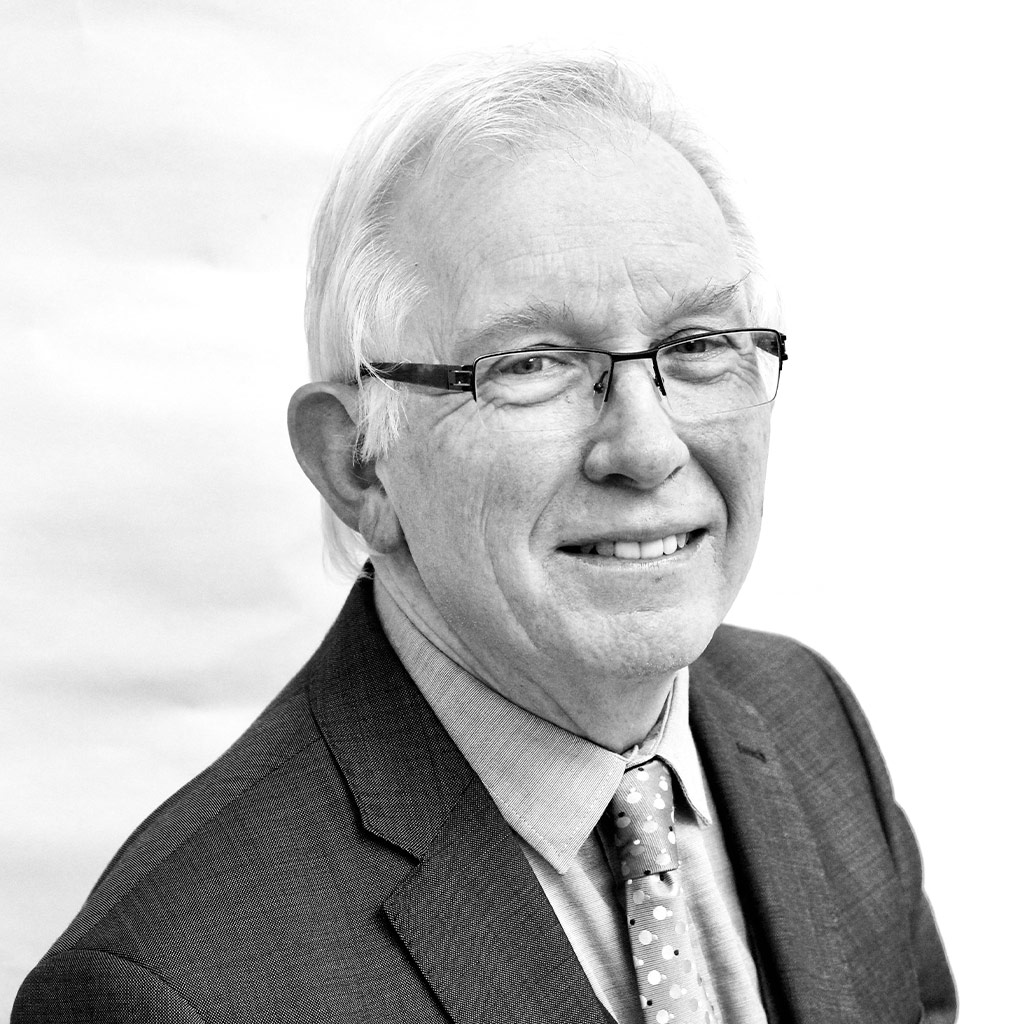When you buy a flat you will usually buy it via a lease rather than buying it outright. This is because, when you own a flat, there needs to be a mechanism in place to ensure that everyone in the building occupies their space responsibly and contributes to the cost of maintaining and insuring shared areas.
A lease gives you the right to live in your home for a set number of years and may restrict what you can do with the property during this time. There will also usually be an annual service charge that needs to be paid, together with ground rent.
Many flat owners are happy to accept the obligations and restrictions that come with owning a property on a lease, but problems can arise where the amount of time left to run on the lease means that it is not possible to secure a mortgage or where a prospective buyer wants to own a stake in the building instead.
To address these issues, it is possible to ask the current owner to extend the length of your lease or to sell you a share of the freehold. This can be done by making an informal approach which may or may not be accepted, or via the statutory process of leasehold enfranchisement which in many cases may be a more attractive option, as Louis Mathers, residential property expert with Parnalls Solicitors in Launceston explains:
‘Leasehold enfranchisement enables the owner of a leasehold property to extend the term of their lease or to acquire a share of the freehold, and where there are other tenants keen to get involved it is possible to make an application for collective enfranchisement, a request for which cannot be refused where the relevant qualifying criteria are met. It is a complicated process, but one that can be worthwhile for those who want to increase the amount of say they have in the way their building is managed and who also want to increase the potential value of their home.’
How do I apply for collective enfranchisement?
Collective enfranchisement is only possible in respect of buildings housing at least two flats and where there are a sufficient number of qualifying tenants willing to participate. To be a qualifying tenant, a set of criteria must be met, the most frequently applied one being that each of the tenants making the application must have a lease that, when first granted, was for a period of more than 21 years.
Once you get over this hurdle, the next step is to appoint a nominee purchaser, which is usually done through a company formed specially for this purpose and which is run and wholly owned by the participating tenants.
After this you need to serve an initial notice on the current owner of the building advising them of the nominee purchaser’s wish to pursue collective enfranchisement. This notice must contain certain detailed information, including the price you propose to pay, which must be based on a valuation calculated in accordance with a statutory formula.
‘The notice requirements are complex and require specialist advice’, explains Louis. ‘Serving an invalid notice can result in the whole process collapsing and the tenants having to go back to square one.’
On receipt of the notice, the current owner may accept the proposed terms or make alternative suggestions. They could also choose to challenge your right to apply for collective enfranchisement, for example where they dispute that the qualifying criteria have been met.
Where agreement cannot be reached, it may be necessary to refer the matter to a property tribunal.
If your application is successful, the nominee purchaser will acquire the freehold to the building and will in effect become your new landlord. They will then be able to grant you and the other tenants individual lease extensions and, if agreed by the participating tenants in advance, consent to variations to your lease terms.
How much does collective enfranchisement cost?
The cost of collective enfranchisement depends on your circumstances, but you will need to budget for:
• the purchase price, or premium, you will have to pay to acquire the freehold;
• the participating tenants’ legal and valuation costs;
• setting up and managing the nominee purchaser company;
• granting lease extensions for individual tenants; and
• the landlord’s reasonable legal costs, which participating tenants are liable for.
These costs need to be balanced against the advantages of owning a share of the freehold and any increase in the value of your flat.
Do I need specialist advice?
Collective enfranchisement is a complex and technically challenging process. You need a solicitor with specialist knowledge to assist with your application, particularly when it comes to drafting the initial notice which may be rejected if it fails to comply with the necessary requirements. Your solicitor can also help to coordinate the steps that will need to be taken by the participating tenants, which may be challenging where significant numbers of people are involved.
They could, for example, help create a participation agreement which ensures that all participating tenants are fully committed to the process and will contribute their fair share of the costs. Provision could also be made for what should happen if you or one of the other participating tenants want to sell their property during the course of the enfranchisement process.
For further advice on leasehold enfranchisement, or any other residential property or conveyancing matter, please contact Louis Mathers on 01566 772375 or email mathersl@parnalls.com

